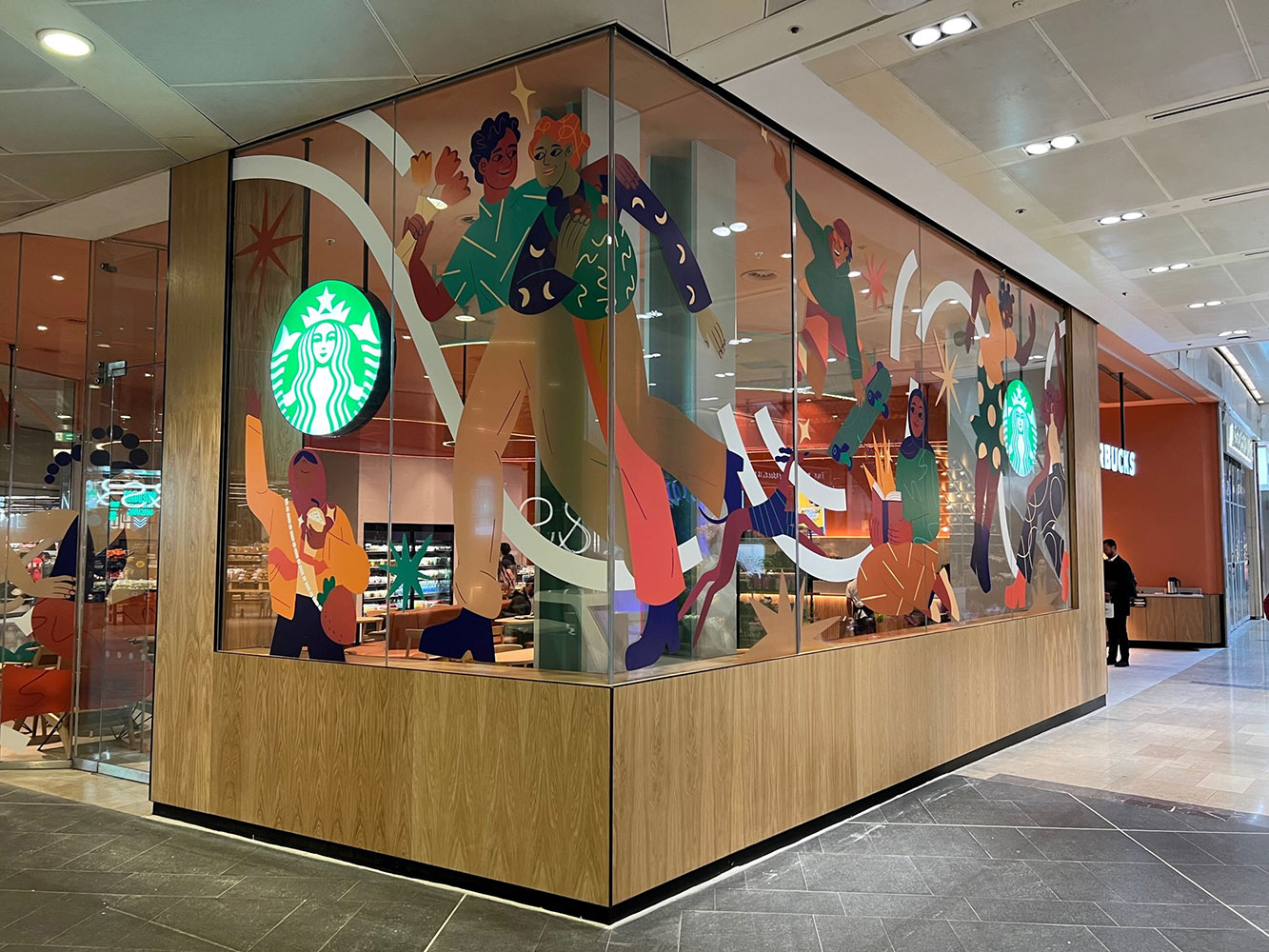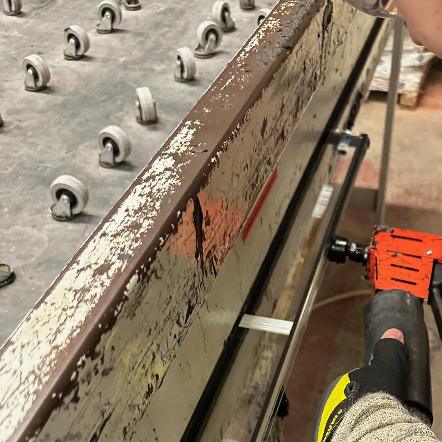What Is Safety Glass, and Why Do You Need It?
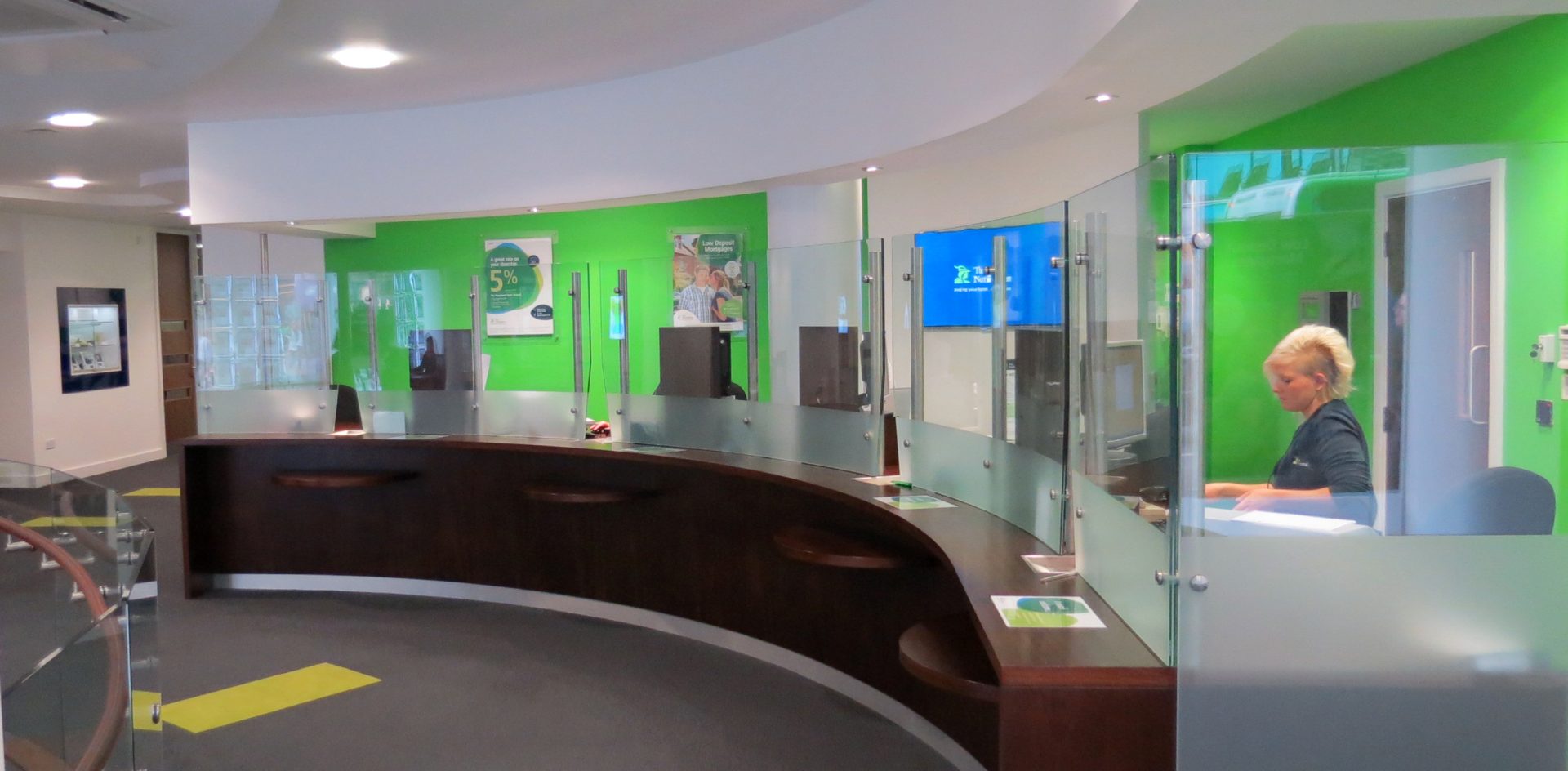
If you’re thinking of having a glass feature in your home or business, then you might have already heard the phrase ‘safety glass’. You’re probably wondering if you need it, and the answer is, probably.
Not only do modern building regulations call for safety glass to be fitted in numerous situations, safety glass is used to help keep you, your family, and your customers protected from serious injury.
What is Safety Glass?
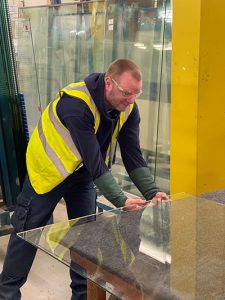
Traditionally, there are two different types of safety glass called toughened and laminated glass. You would usually find safety glass in critical locations like doors, areas around doors, low level glazing and overhead glazing, where accidental impact is more likely.
Safety glass is profoundly different to annealed glass, also known as flat glass. A traditional form of flat glass is called float glass, which is created by pouring molten glass onto a bed of tin and allowed to cool gradually. This category of glass will form most of the regular glass you will likely see in day to day life such as ornaments and mirrors.
However, many commercial properties now use laminated glass for shop windows or display cases, where it is more likely that the glass will be intentionally broken for theft purposes.
Read on to find out more about:
- What is toughened glass?
- What is laminated glass?
- Is Wired glass safety glass?
- Where Would I Use Safety Glass?
What is Toughened Glass?
Toughened glass, also known as tempered glass, is a type of glass that is heat soaked to make it stronger in surviving a blunt force impact test.
This makes it typically much stronger than standard glass by itself, and means that although the glass does still break, it breaks into mostly harmless fragments, which helps to avoid serious injury from larger shards that can break unpredictably from annealed glass.
To achieve this, the glass goes through an air quenching process where it is cooled rapidly to increase the overall strength of the glass.
Tempered glass is commonly made for commercial purposes like glass doors and walls, bus shelters, and passenger windows in cars. Additionally, they are also used on a smaller domestic scale for shower doors and screens, and often for a kitchen splashback.
Due to the high temperatures that toughened glass is made at, this makes it suitable for use for safety glazing materials.
What is Laminated Glass?
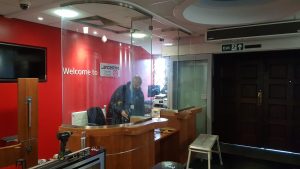
Laminated glass consists of at least two sheets of glass with one or more layers of plastic held between them. During the laminating process, a plastic interlayer made from polyvinyl butyral (PVB) is placed between two layers of annealed glass or toughened glass.
This PVB layer is then subsequently processed to press, bond or heat the glass sheets and plastic layers together to form a specially treated glass. This process creates laminated glass, and the strength of the glass is much more resilient than simply ordinary glass on its own.
This makes laminated glass suitable for security purposes – for example, for shop windows that cannot easily be broken. Although the glass will shatter, the plastic laminate layer will create a barrier to stop a person, or object, from going through the glass completely, and hold the shattered glass in place.
You can increase the overall strength of laminated or toughened glass by increasing the number of layers of safety plastics between the two panes of glass. Alternatively you can also increase the thickness of the plastic to create a stronger structural integrity.
Traditionally, laminated glass is commonly used in areas where there are strong winds, or a risk that glass may fall onto pedestrians. For example, skylight windows and car windscreens are usually made with laminated glass, and glass panels used in high rise buildings.
What is Wired Glass, and Is It Safety Glass?
Contrary to popular opinion, wired glass, or wire mesh glass is not considered safety glass, as it has been found to fracture easily under very minimal force, making it unsuitable for environments like schools where it has been traditionally used in the UK.
As wired glass is as weak as normal glass, a significant number of injuries have been caused historically from broken wire mesh as well as the broken glass shards.
However, it’s worth noting that wired glass offers limited fire resistance, and reduces the risk of the glass falling from its frame even under thermal stress.
Despite this, there are now more modern solutions for fire resistance and new building regulations advocate for alternatives to wired glass. As a result laminated glass has become the leading flat safety glass to replace wired glass.
Where Would I Use Safety Glass?
Toughened glass and laminated glass have a wide variety of uses in domestic and commercial environments, from special oven glass in your kitchen to bullet resistant glass in your bank, you probably encounter them everyday without realising.
Safety glass in the home
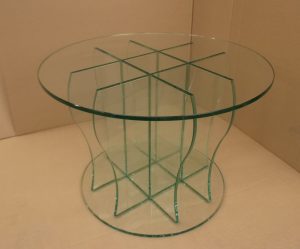
For example, glass furniture is commonly made from safety glass that can withstand a high impact test such as human impact from sitting on it or otherwise interacting with it. Glass furniture is often made from toughened glass that has been treated with ultraviolet radiation under a bonding process.
Safety glass in businesses
Safety glass can be used in businesses for commercial purposes. For example, banks frequently use laminated glass for booths, and aquariums also use safety glass for viewing the walls of large scale tanks.
Are you looking for safety glass for your commercial or domestic uses?
Halifax Glass is dedicated to supplying you with high quality glass solutions for your exact requirements. Contact us today to find out how we can assist you with your enquiries.
